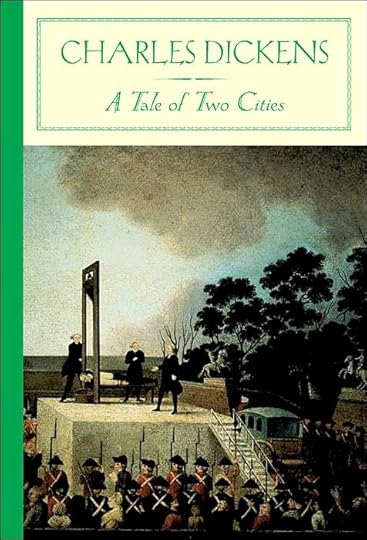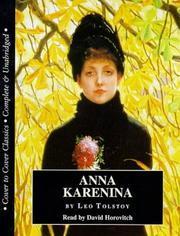Can first lines of books really be all that?
Recently, I was talking with a good friend about first lines of books. Some lines are famous, some are powerful, but I find that most lines (first or otherwise) don’t stand on their own all that well. They need the context of the entire work or at least the surrounding paragraphs to make them resonant.
All good writers pay close attention to that first line, that first paragraph, and that first page. If you fail the readers at the beginning, it doesn’t matter how cool your ending is, they’ll never get that far. So, from a technical standpoint, I understand and can appreciate the power behind certain opening lines. But I suspect that the real reason some lines become famous has little to do with the lines themselves and more to do with the works as a whole.
Some examples:
 Call me Ishmael. — Yup. Definitely a famous first line. In fact, I’ve seen this opening line used to help other writers learn how to write an opening line. But, come on. Take a close look at that line. It’s got some cool things going for it — it immediately draws in the reader by speaking directly to her, it opens with a character, and it packs a punch by being so short. All worthwhile things to accomplish as a writer. But that’s technical. The reason this line resonates with readers has to do with the rest of Moby Dick for which this line has become a symbol. That’s why Call me, Fred doesn’t do much for us.
Call me Ishmael. — Yup. Definitely a famous first line. In fact, I’ve seen this opening line used to help other writers learn how to write an opening line. But, come on. Take a close look at that line. It’s got some cool things going for it — it immediately draws in the reader by speaking directly to her, it opens with a character, and it packs a punch by being so short. All worthwhile things to accomplish as a writer. But that’s technical. The reason this line resonates with readers has to do with the rest of Moby Dick for which this line has become a symbol. That’s why Call me, Fred doesn’t do much for us.
 It was the best of times, it was the worst of times. — Another classic. Here we have a line that’s a bit poetic and has an interesting rhythm, but what really makes this a winning opening line is the rest of the paragraph. The continuation of the pattern of opposites. And what makes that paragraph work is the fact that the title of the novel is A Tale of Two Cities. Without that title, the whole opening paragraph might have been written off as lunacy, but because of the context which the title implies, the reader immediately starts to connect dots — two viewpoints (best/worst of times), two cities, hmmmm.
It was the best of times, it was the worst of times. — Another classic. Here we have a line that’s a bit poetic and has an interesting rhythm, but what really makes this a winning opening line is the rest of the paragraph. The continuation of the pattern of opposites. And what makes that paragraph work is the fact that the title of the novel is A Tale of Two Cities. Without that title, the whole opening paragraph might have been written off as lunacy, but because of the context which the title implies, the reader immediately starts to connect dots — two viewpoints (best/worst of times), two cities, hmmmm.
 All happy families are alike; each unhappy family is unhappy in its own way. – One of the most famous opening lines ever written. This one actually holds up on its own for a bit. Yet it gains far more weight when we realize the line is setting up an epic Russian tragedy. It’s a thought-provoking line, yet it resonates because of what promises to be the unhappy life of an unhappy woman. In fact, had Anna Karenina not been one of Tolstoy’s greatest works, the line — though profound — might have been forgotten long ago.
All happy families are alike; each unhappy family is unhappy in its own way. – One of the most famous opening lines ever written. This one actually holds up on its own for a bit. Yet it gains far more weight when we realize the line is setting up an epic Russian tragedy. It’s a thought-provoking line, yet it resonates because of what promises to be the unhappy life of an unhappy woman. In fact, had Anna Karenina not been one of Tolstoy’s greatest works, the line — though profound — might have been forgotten long ago.
These are all from classics, but the same holds true for any novel. It’s context that gives a sentence its weight. We’re drawn to remember opening lines because they’re first, but really any line in a novel is propped up by context. That’s why Hemingway could write the most basic, simplistic combinations of words and make them feel heavier than the iceberg of meaning he has underneath.
What are some of your favorite opening lines? Do you think they hold up on their own?
The post Can first lines of books really be all that? appeared first on Stuart Jaffe.



